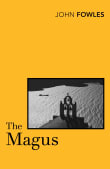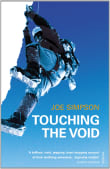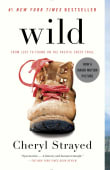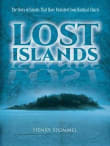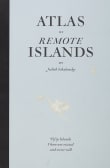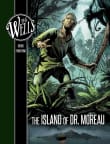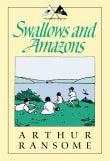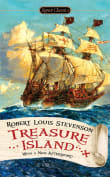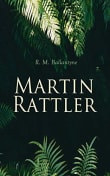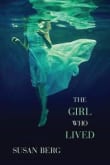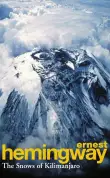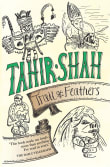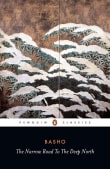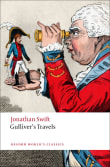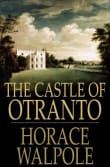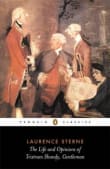Robinson Crusoe
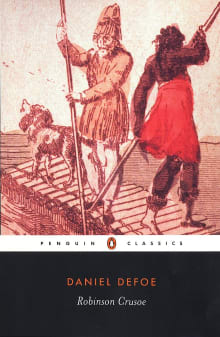
Book description
'Robinson Crusoe has a universal appeal, a story that goes right to the core of existence' Simon Armitage
Daniel Defoe's Robinson Crusoe, regarded by many to be first novel in English, is also the original tale of a castaway struggling to survive on a remote desert island.
The sole survivor…
Why read it?
5 authors picked Robinson Crusoe as one of their favorite books. Why do they recommend it?

I love how this book elevates lying into an art form. Following the convention of the era, Defoe published the work as if it were written by its main character, Robinson Crusoe. Crusoe stands out from its peers for the subtlety of its mimicry. I envy how natural and easy Defoe makes writing look.
The book reveals the novel’s roots in other genres, such as satire, journalism, religious writing, and personal narrative. Defoe excelled at all of these, and I find the strange convergence mesmerizing. It’s possible to see the outlines of these earlier traditions even as something like a…
From Shane's list on weird, outrageous, funny books of the Enlightenment.

This book is the first story of the Southern Sea and the first true English novel. Full of sailing ships, stormy seas, symbolism, exotic desert islands, muskets, wild boars, and cannibals, it set the standard for every adventure story that followed.
I love the narrative of a lone castaway—facing the ultimate tests of nature to triumph over hardship. Robinsonade, a new renegade literary genre, emerged in which the hero is suddenly isolated from the comforts of civilization, marooned on a secluded island, tropical, uninhabited, and uncharted. He must improvise to become self-sufficient from limited resources.
Like my own hero quest,…
From Lawrence's list on becoming the hero of your own myth.

This book was the granddaddy of the adventure genre. Writing in the 1700s, Defoe provided all the touch-points that have dominated the genre to the present day – desert island, castaway, man Friday, fear of man-eating beasts – almost all of which I have used in a book written in the 2020s (although my Alix did not find a man Friday). As possibly the first fictional story of human survival it created a template for all that followed. Each of the books I have mentioned, including my own, have to deal with endless problems from the mundane (what can I…
From Elizabeth's list on humans fighting for survival in dangerous situations.

How do I love this novel? Let me count the ways.
First, published in 1719, it’s by Daniel Defoe, the father of the English language novel to whom we all owe a debt of gratitude.
Second, it’s the best story ever written about playing the cards you’re dealt. Crusoe, as we all know, was stranded on a deserted island. What you may not know is that over 28 years he not only prevails, but creates a one-man utopian world through tenacious hard work and faith in himself and his God. This narrative taught me the importance of addressing obstacles with…
From Gray's list on ordinary people rising to a challenge with courage.

The reason why this book has been in print, pretty much since it first appeared in 1719, lies in its almost tedious detail. Defoe’s description of the daily chores, the sheer effort, of survival is believable and, hence, compelling. It’s also a story of religion, slavery, and, to modern eyes, blatant racism. Crusoe was captured and enslaved in North Africa, he escapes and eventually becomes a slave trader, and goes on to treat ‘Friday’ as his slave. These chilling facts are treated in the same matter-of-fact way that Defoe applies to collecting drinking water.
From Alastair's list on the lure and mystery of islands.
Want books like Robinson Crusoe?
Our community of 12,000+ authors has personally recommended 100 books like Robinson Crusoe.

